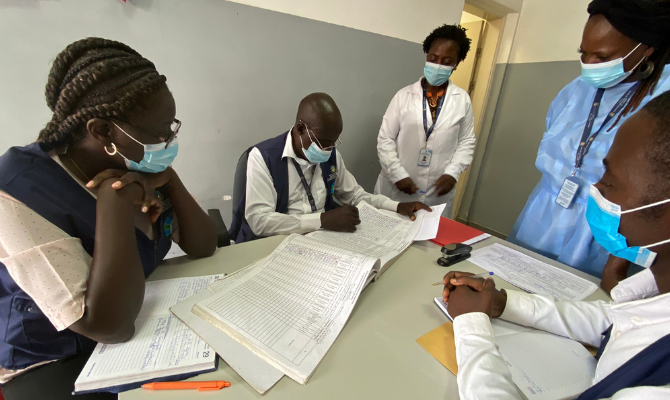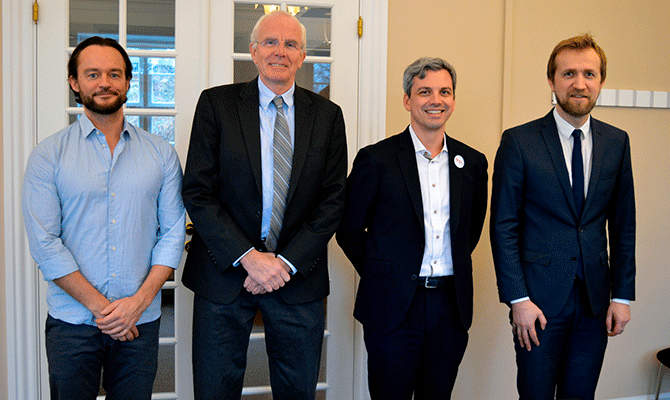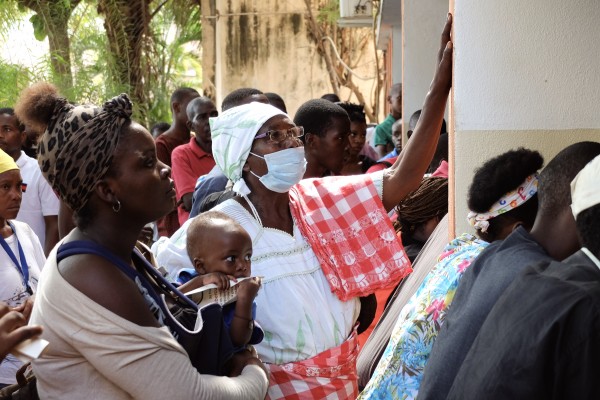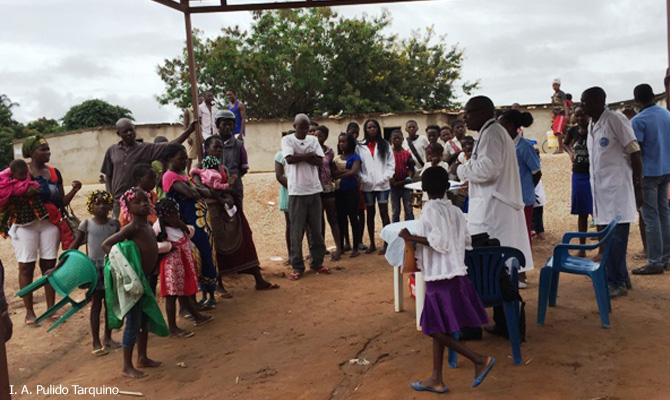Ensuring and increasing access to tuberculosis (Tb) and Tb/Hiv prevention, early diagnosis and treatment services in the context of the Covid-19 epidemic in Angola. This has been the main objective of the CombaTB project, funded by the Italian Agency for Development Cooperation, which is coming to an end today. Started in November 2021, the intervention focused on five health centres and three hospitals in the municipalities of Luanda, Kilamba Kiaxi and Talatona.
11,048 Tb patients registered, 5,363 Tb patients tested for HIV and put on treatment, 18,445 individuals sensitised on Tb,Tb/Hiv and Covid-19. In addition, 11 community activists trained on Tb, HIV and Covid-19 prevention measures, promotion of diagnosis and treatment services, and 47 laboratory technicians trained on Tb diagnosis. These are just some of the results achieved from the start of the project to April 2023. In addition to the provision of laboratory equipment and materials, the intervention also enabled the development of the integrated ‘Stop Tb-Hiv’ software with training on data collection and digital medical record compilation.
To date, 19 health workers have been trained in the use of the software and digitisation of patient registers and 7 health units register patients using the digital data collection system. The adoption of the software provided by Cuamm not only improves the quality of the data, avoiding errors and interpretations, but also optimises registration times. In addition, it makes it possible to follow the patients during the months of treatment, indicating the most critical cases automatically.
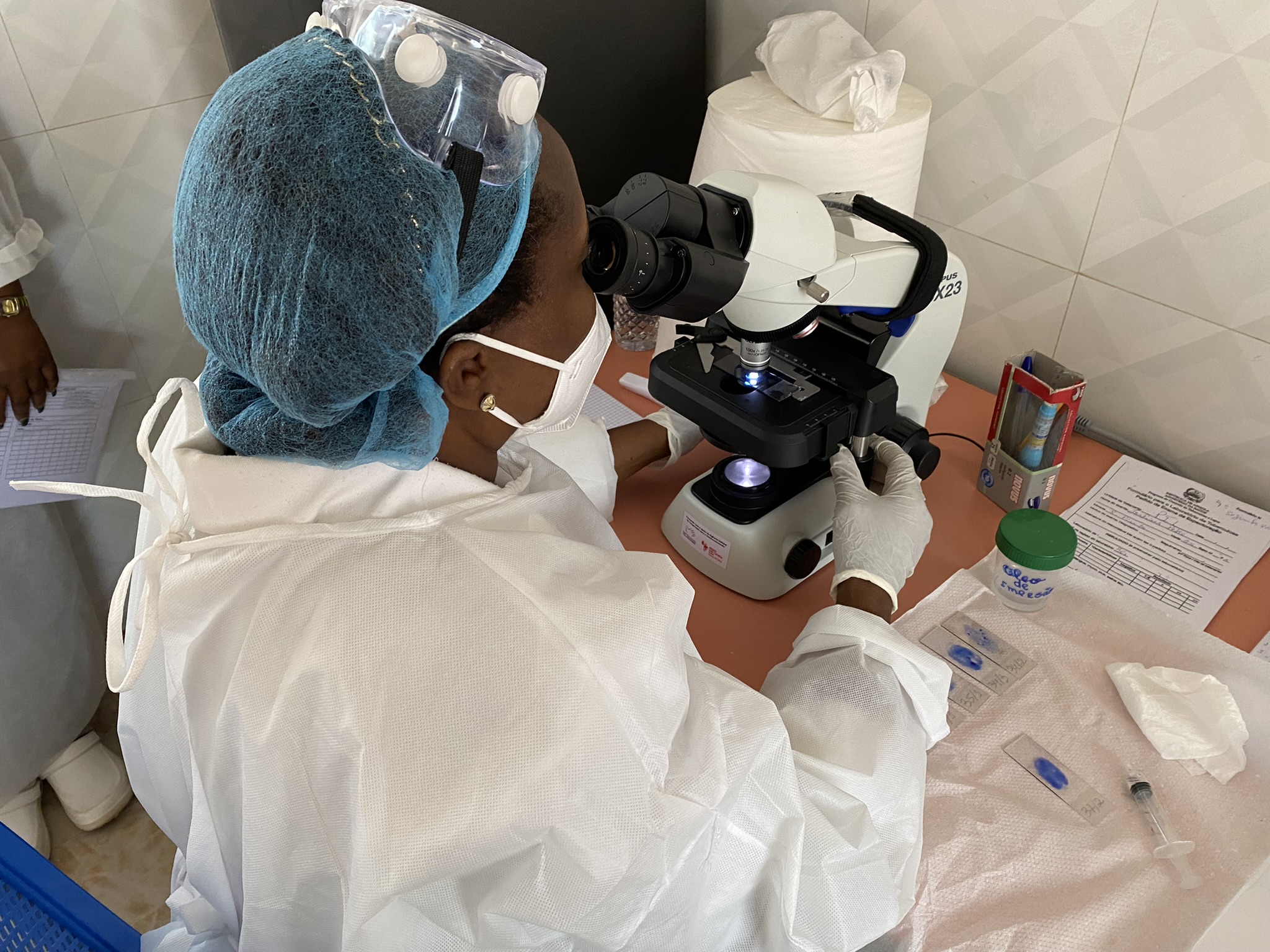
Present in Angola since the 1990s, Doctors with Africa Cuamm continues to support the Angolan health authorities, in particular the provincial health authorities of Luanda and the National Tuberculosis Control Programme, through an integrated approach to strengthen the health system. A commitment that has been further strengthened in this project thanks to the support of various partners: the Italian Centre for Global Health (ISS), the Gabinete Provincial de Saùde de Luanda (GPSL), the National Tuberculosis Control Programme (NTCP) and the association Ajuda de Desenvolvimento de Povo para Povo – Angola (ADPP Angola).
This intervention, too, was a continuous learning and knowledge-building process. Tb patients need special support because of the duration of treatment, ranging from 6 (Tb sensitive) to 18 months (Mdr-Tb multi-resistant). To reduce mortality, better identification of co-morbidities, such as HIV and diabetes, through standard screening of all Tb cases, together with nutritional support plans (food basket) is needed. Community awareness is crucial, not only to inform the population but also to identify new patients, reduce transmission and combat stigma. Finally, there is a need to standardise laboratory practices for Tb diagnosis, ensuring not only the availability of equipment but also supply planning and proper maintenance by the relevant health authorities.

